Expanding BBEdit to the iPad is a long shot, confirms Bare Bones founder
Exclusive: BBEdit will always and only be on the Mac
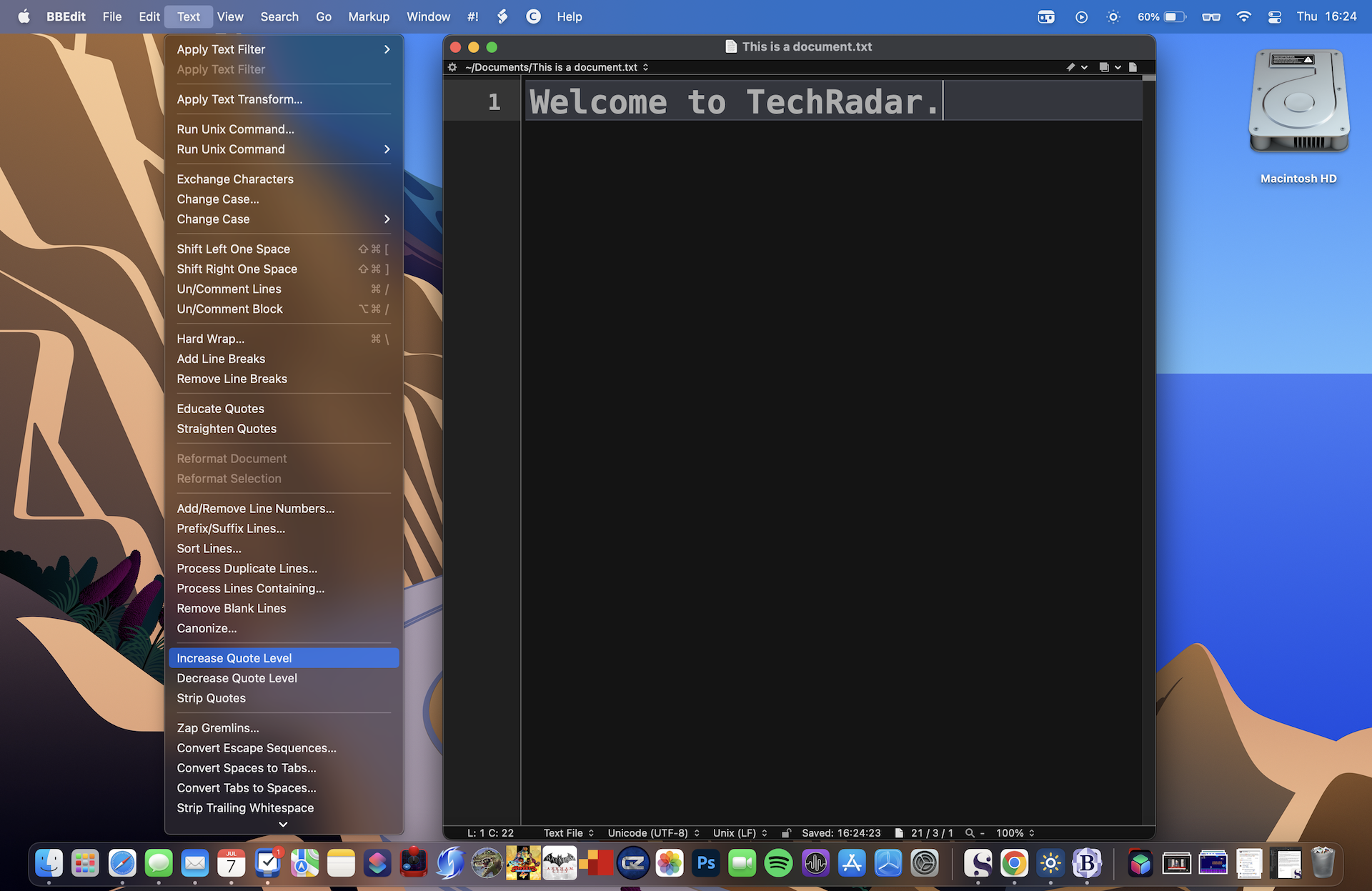
Sign up for breaking news, reviews, opinion, top tech deals, and more.
You are now subscribed
Your newsletter sign-up was successful
If you've been a Mac user since the early 90s, you've probably heard of BBEdit. This HTML and text editor developed by Bare Bones Software is often hailed as one of the best writing software apps on the Mac, and for good reason.
BBEdit, is available for $49.99 / £29.99 / AU$32.99 to buy a new license on its site and on the Mac App Store, $29.99 / £19.99 / AU$17.99 to upgrade from the last version, and $39.99 / £29.99 / AU$32.99 from any previous version. The app allows writers, HTML developers and others to lay out their projects in the most suitable format for their workflow.
US$49.99 new, $29.99 upgraded from the last version and $39.99 from any previous version ever (even one from the 90s)
Jason Snell, an Apple blogger, lauds BBEdit as a real timesaver. In a blog post, Snell describes how the app helped him write a game show for his audience. It also helped him write posts; but there's plenty more that the app is capable of – just think of what it could be within the shared ecosystem of iPads, iPhones and Apple Silicon Macs.
With all this in mind, TechRadar spoke to the founder and CEO of Bare Bones Software, Rich Siegel, about BBEdit's present and future, and Apple updates he finds exciting.
Looking back on Bare Bones' history
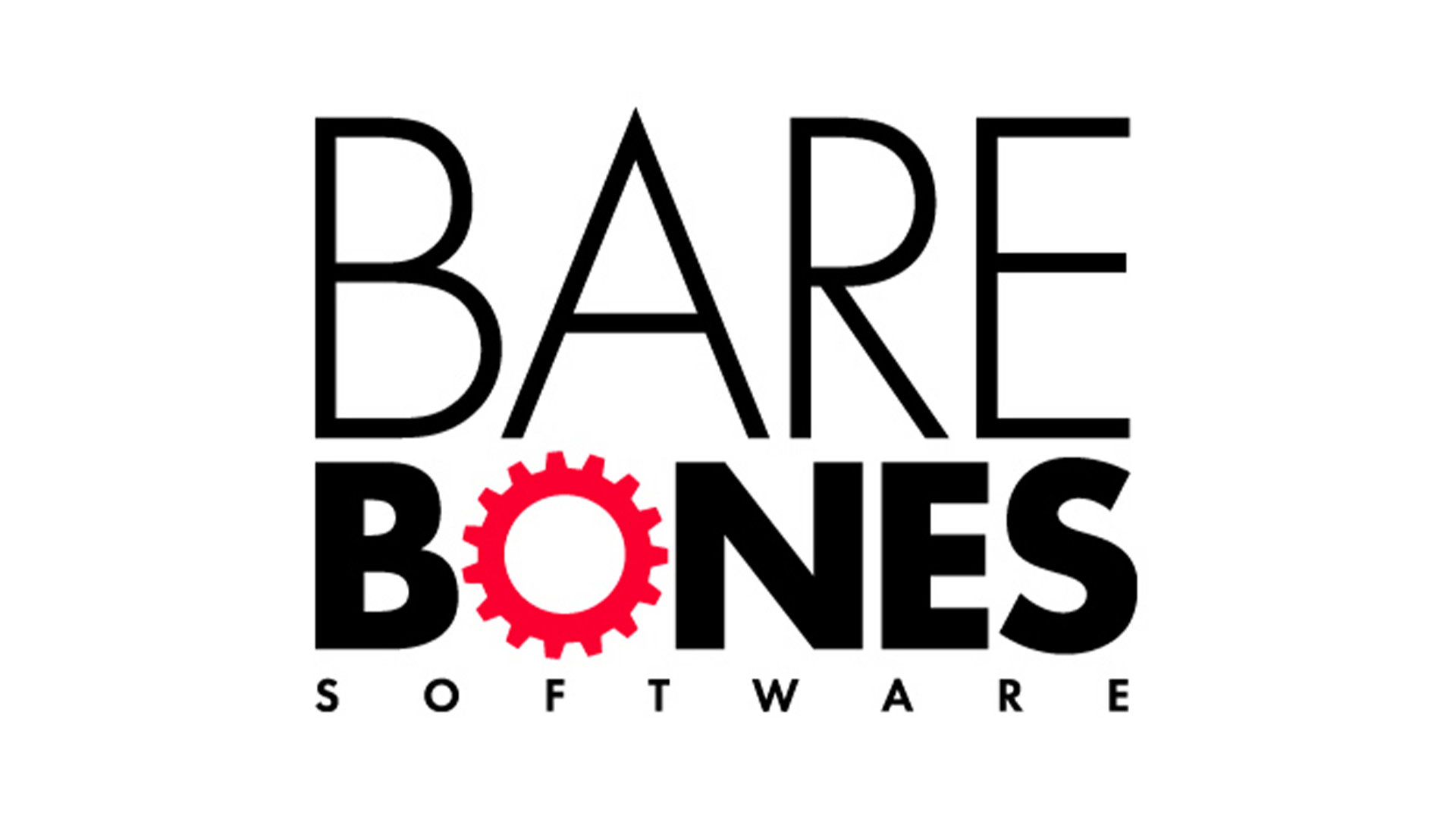
We wondered if Siegel noted any major differences between the era of BBEdit's debut in 1993 and today. After all, in between, you've got thirty years of big changes in the Apple product line, from both a hardware and a software perspective. "That's an interesting question, and I can see why one might look at changes over time through a lens of macOS hardware and software advances," Siegel ponders.
"That being said, we've seen things a little differently. What's changing is what folks are working on – as opposed to what hardware they use to accomplish the work. Certainly, the increased popularity of Macs has had an impact, but where silicon would absolutely impact AR, games, production, etc., for manipulating text, it's a bit more about changing times," Siegel says. "For example, when HTML exploded on the scene, what drove our product development was what our customers were trying to get done."
Sign up for breaking news, reviews, opinion, top tech deals, and more.
So has he been surprised by any of the myriad way users have utilized BBEdit across the years? "Our audience generally changes more with the times than it does with the Mac platform itself. So the evolution that we've been observing in more recent years is that more writers, data scientists, librarians, engineers, and scholars across many disciplines are using BBEdit in different ways. Thus, our audience has broadened, rather than changed."
The next frontier of M2
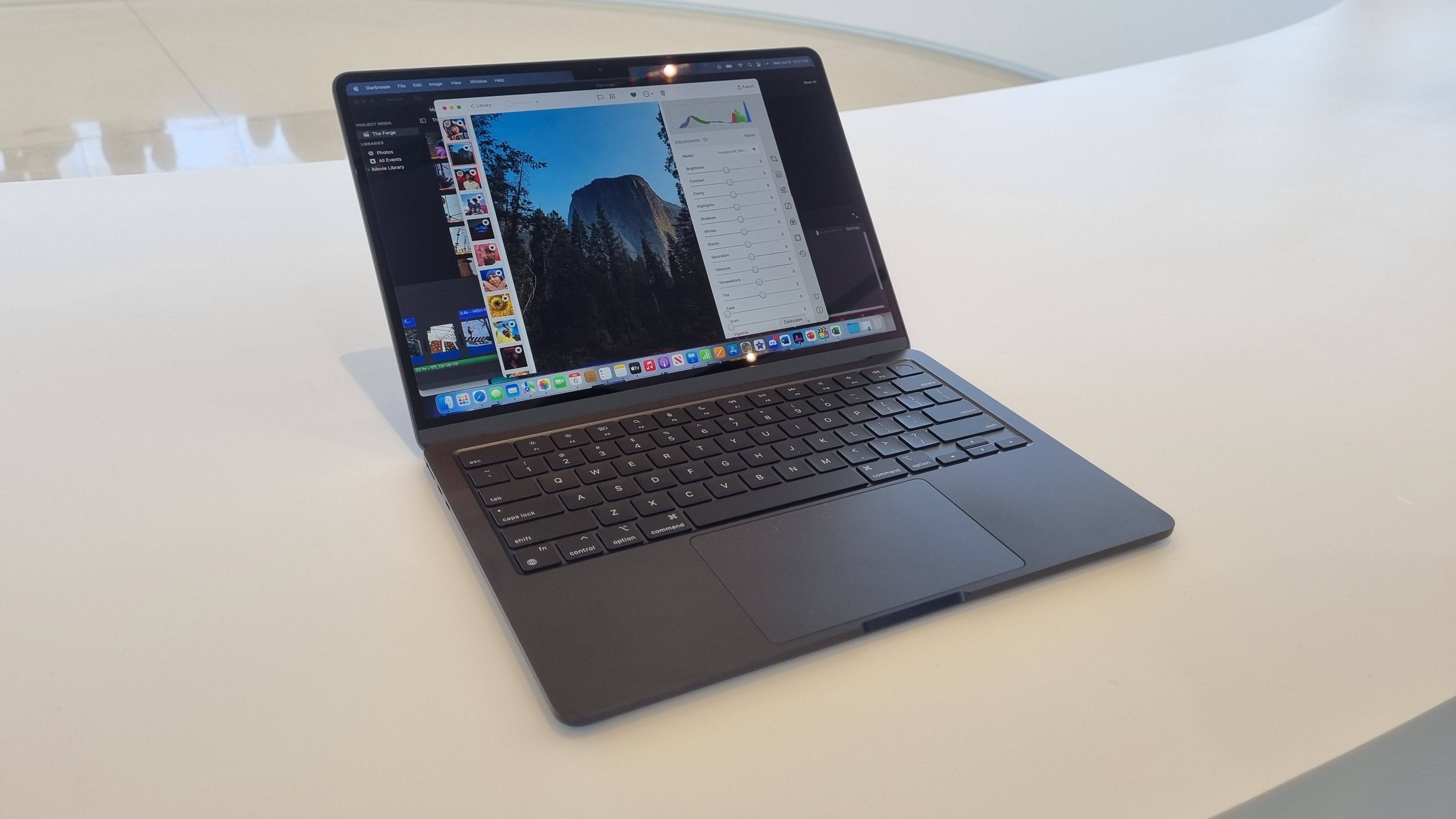
One of the big announcements at WWDC 2022 was the arrival of the M2 chip, Apple's custom silicon chip for its products. We asked Siegel if, from a developer's perspective, this announcement – or any other – was particularly energizing. "The improvements of the M2 over the M1 are certainly closer to a home run than a single. That said, anything in macOS that benefits our customers is relevant to our interests," Siegel explains. "This often includes things that aren't necessarily 'marquee' announcements, such as performance and stability improvements in core OS components."
Siegel concedes that it is stability on macOS that has encouraged him and the team at Bare Bones in recent years. "Because of the high value our customers place on being able to rely on BBEdit as a tool, I think that macOS stability takes on a greater significance to us than it might otherwise," Siegel acknowledges. "Thus, performance and stability improvements in macOS are more likely to catch our attention. Of course, new hardware is always welcome since that improves everyone's productivity."
BBEdit and WWDC 2022
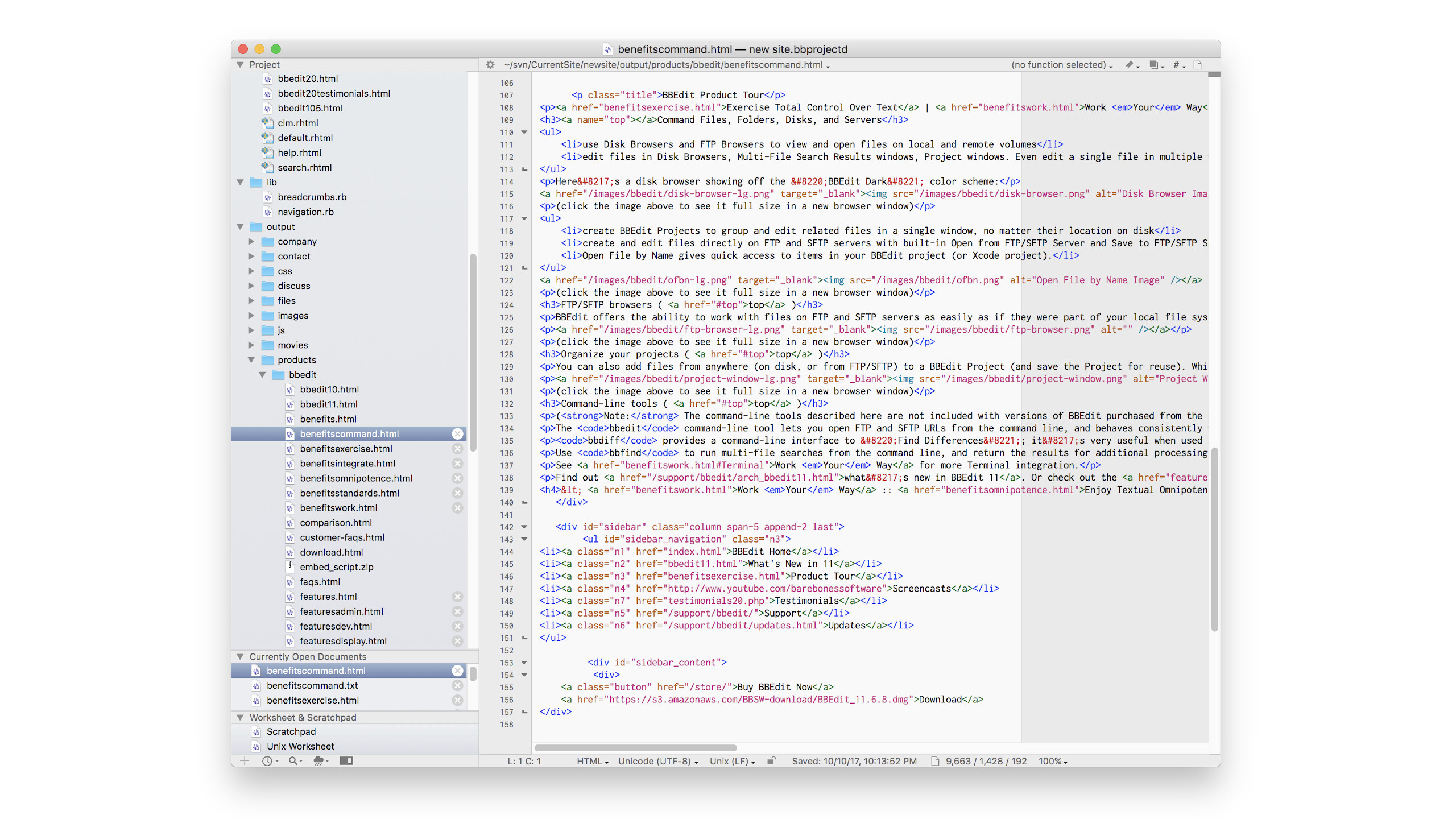
Apart from the M2 chip and macOS improvements, we asked Siegel if there was anything else that could work for BBEdit in the future. "This year was quite packed with announcements. A colleague of mine used the term 'API-palooza.' But what really caught our eye was more about the ecosystem as a whole. It's a slightly different angle," Siegel clarifies. "Undoubtedly because developers rely on BBEdit, our lens may be uniquely tuned to the tools developers use. Through that unique lens, there were some very interesting developer announcements (beyond moving Swift forward) which, I think, bode well for the ecosystem – and a better experience for end-users."
We asked Siegel about any specific improvements that he acknowledged at WWDC.
"One such example, the new Apple Developer Center right on site near Apple headquarters is a tremendous development. That's huge because there are going to be times [for] putting heads together to solve challenges that need a laboratory. Also, I think the new online Tech Talks are quite impressive," Siegel exclaims.
"I think they're doing them now in 11 countries, and even multiple languages, to drill down into issues, even adding one-on-one sessions. Do you have any idea how many times I could have used those in the last 30 years?"
However, Siegel rounded up his primary takeaways. "But the Apple Developer Center, Tech Talks, and one-on-one sessions caught my eye as healthy for the entire ecosystem, non-trivial leaps forward generally; and they certainly should make the apps better not worse."
Can BBEdit appeal to other, new users?
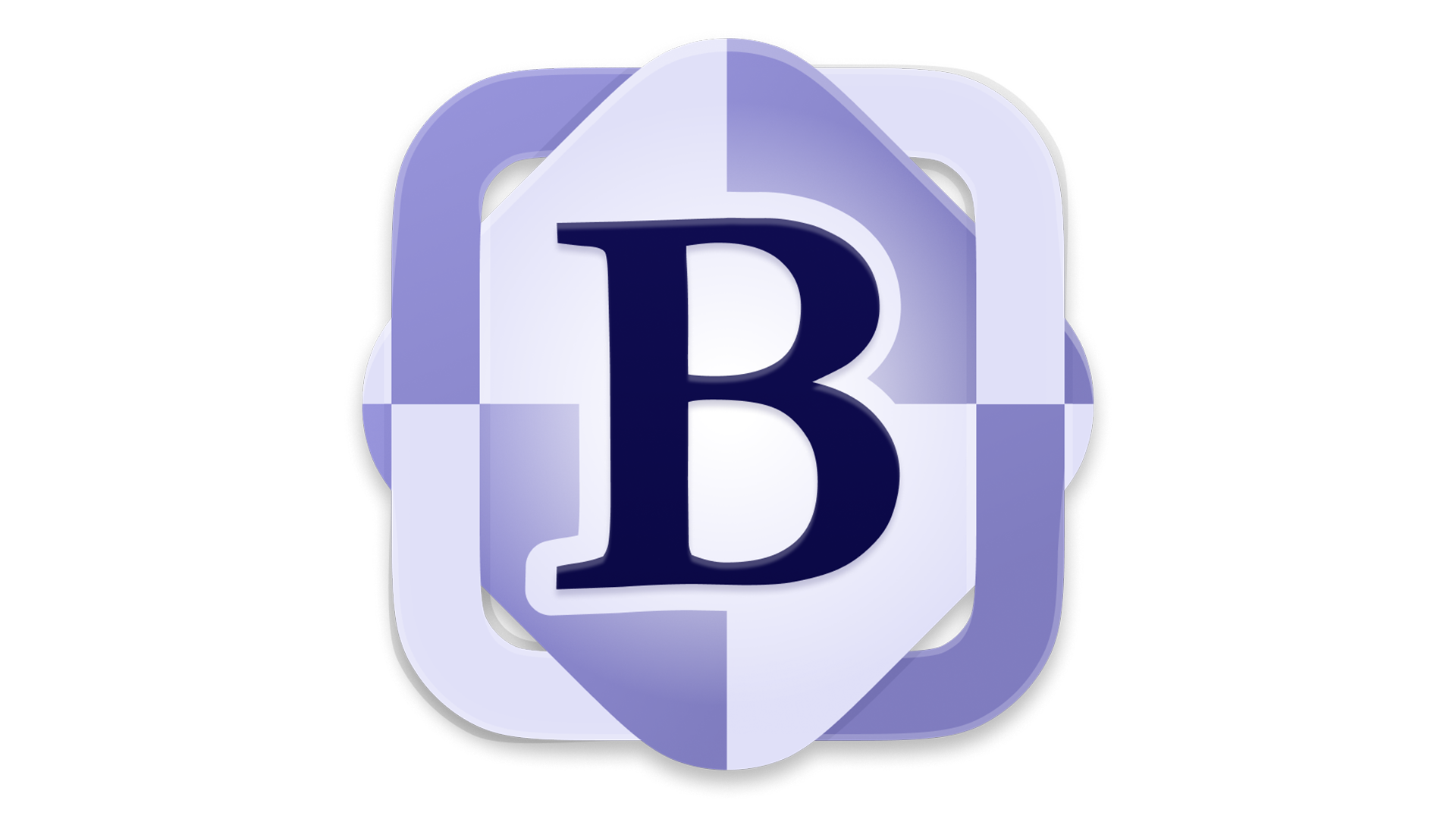
At the time of writing, BBEdit 14.5 was in testing, showcasing a new feature for working with live log files, and better Multi-File search – alongside other benefits. We asked Siegel if there have been challenges in developing the editor for different types of users over the years.
"Over BBEdit's 30-year (so far) history, we've always had to balance the needs of diverse users; so there are always challenges. The biggest one, I think, remains the intrinsic conflict between discoverability and complication," Siegel says. "It's always there, and one of the reasons we continue putting a significant focus on creating a good user manual. I'm happy with how well we've been able to manage this over time, though."
"In recent years, we've noticed that a lot of our new customers are data scientists. In our most recent major version series, we added integration with Anaconda and related environments that they commonly use," Siegel explains. "That was a pretty high bang for the buck to provide such convenience to that subset, but once it's done, doesn't call for additional features to go on top of it."
Will BBEdit arrive on iPad?

Finally, we wanted to address one elephant that's been in the room of many BBEdit users who also have an iPad. We asked Siegel, point-blank, if an iPadOS version was coming, considering other apps in this area, such as Scrivener, offer a version for the tablet. "Any product we ship that's called 'BBEdit' is going to have to *be* BBEdit, in all the ways that matter: performance, stability, *and* capability. Unfortunately, we don't have the luxury of picking only the features that are viable on iOS and hoping for the best," Siegel confesses. "BBEdit's capabilities depend on an *actual* desktop OS, which (in context) includes a transparent file system and a wide range of POSIX system services and Unix shell services."
Siegel concludes: "So, a 'desktop-class' iOS running on 'desktop-class' iPads is unfortunately not going to support the full breadth and depth of features that would be necessary to make BBEdit an indispensable tool on that platform. And yes, if you can believe it, we've actually had folks asking for a BBEdit deployment on iPhone."
Well, to the dismay of many BBEdit fans, it seems clear there's not going to be a version for iPad, and definitely not on the iPhone – at least not anytime soon. Still, never say never.

Daryl is a freelance writer and author of two books—The Making of Tomb Raider and 50 Years of Boss Fights. A third book, the follow up to ‘Tomb Raider’, comes out in 2026. Having worked at TechRadar previously as a software writer from 2021 to 2023, Daryl understands how software can benefit users, as well as having an interest in how accessibility features can benefit others.
With over a decade of experience, his work has been featured in Tom’s Guide, SUPERJUMP, Pocket Tactics, Radio Times, The Escapist, and more.